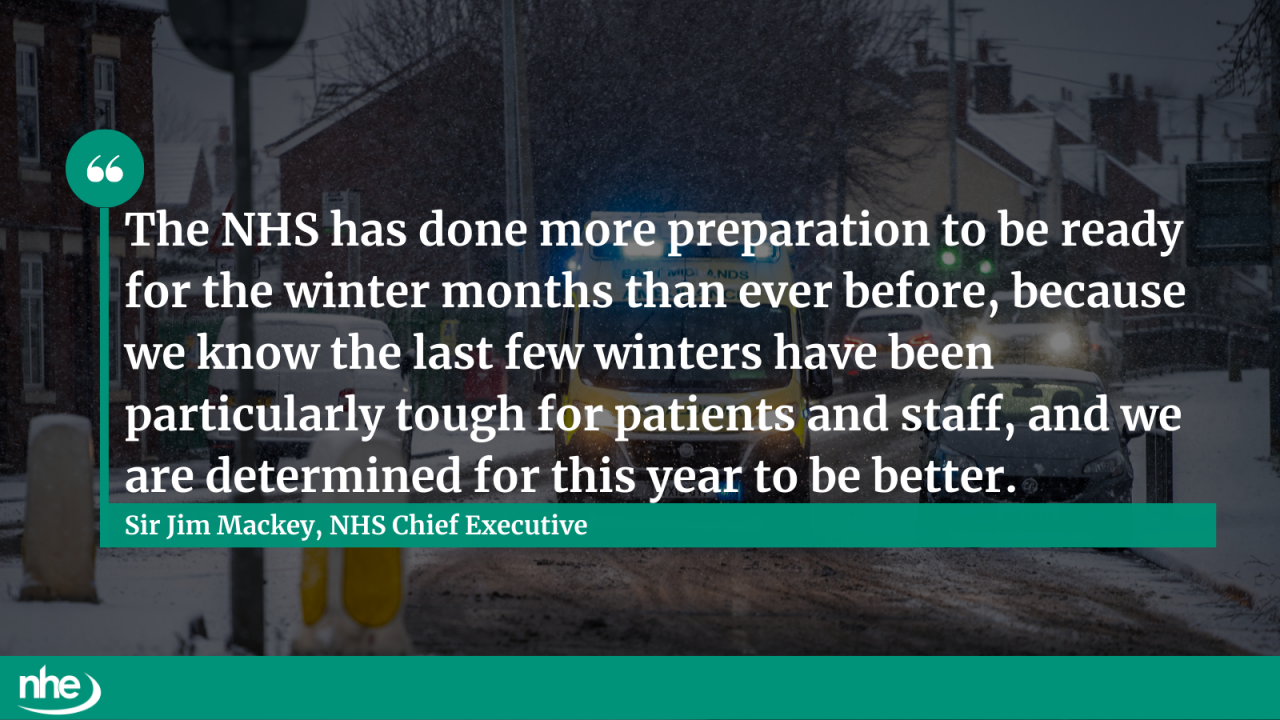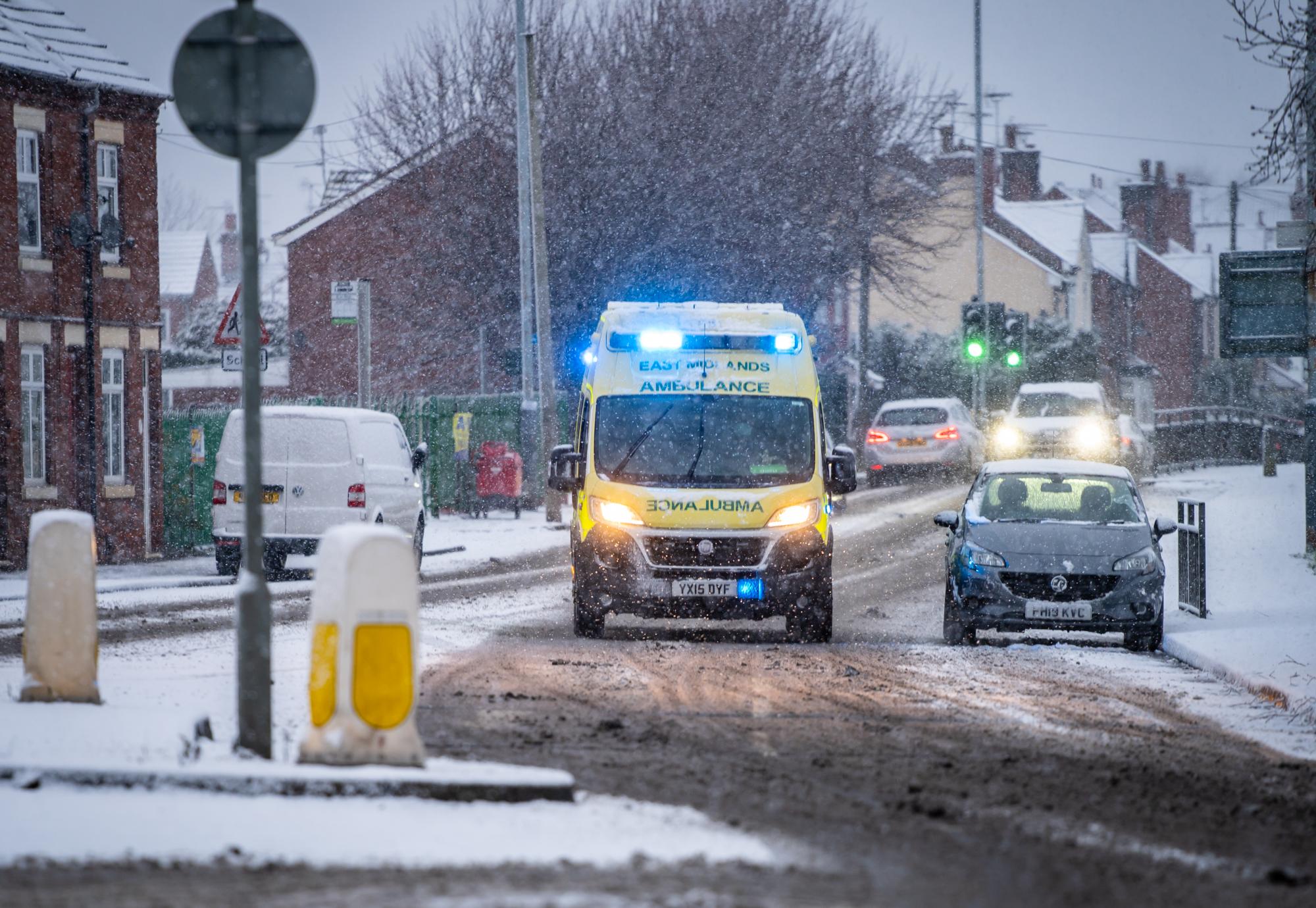The NHS is ramping up preparations to winter-proof the health service, launching a series of ‘stress test’ exercises and targeted care initiatives to protect vulnerable patients ahead of what is expected to be the busiest winter on record for A&E departments and ambulance services.
Throughout September, local NHS leaders are participating in scenario-based exercises to test the resilience of their winter plans. These include simulations of staff shortages, surges in demand, and multiple virus outbreaks.
As part of the strategy, NHS teams are identifying patients most at risk from winter viruses and hospital admissions, ensuring they receive targeted care and timely vaccinations.
This year’s approach gives more autonomy to local NHS leaders, allowing them to deliver bespoke plans tailored to their communities. The NHS is also working closely with local authorities and social care providers to boost discharge capacity during peak demand.
Key developments include shared care records now being accessible to half of all ambulance services, enabling paramedics to view full patient histories on the move, as well as new vaccination campaigns from the 22nd September. These will start with pregnant women and then expand to those with long-term conditions in October.
£450 million of funding will also support the Urgent and Emergency Care Plan published in June, alongside £370 million of capital investment to deliver around 40 new same-day emergency care centres and urgent treatment centres.
Other measures are:
- Tamiflu availability for high-risk patients to prevent flu complications.
- Virtual wards and Urgent Community Response teams are expanding care outside hospitals.
- Mental health trusts proactively identifying high-risk patients and frequent attenders, with new crisis assessment centres and inpatient capacity to reduce A&E visits.
NHS Chief Executive Sir Jim Mackey commented:
“Despite record demand this year, NHS teams have worked hard to improve waiting times, with last month’s Category 2 ambulance response times the fastest for four years – but we know the coming colder months will be much more challenging.
“The NHS has done more preparation to be ready for the winter months than ever before, because we know the last few winters have been particularly tough for patients and staff, and we are determined for this year to be better.”

The NHS is also aiming to increase flu vaccine uptake among frontline staff by at least five percentage points, with on-site walk-in and bookable appointments making it easier than ever for staff to get vaccinated.
This comprehensive winter plan reflects a bold, proactive approach to managing seasonal pressures while safeguarding patient care across England.
Image credit: iStock



















